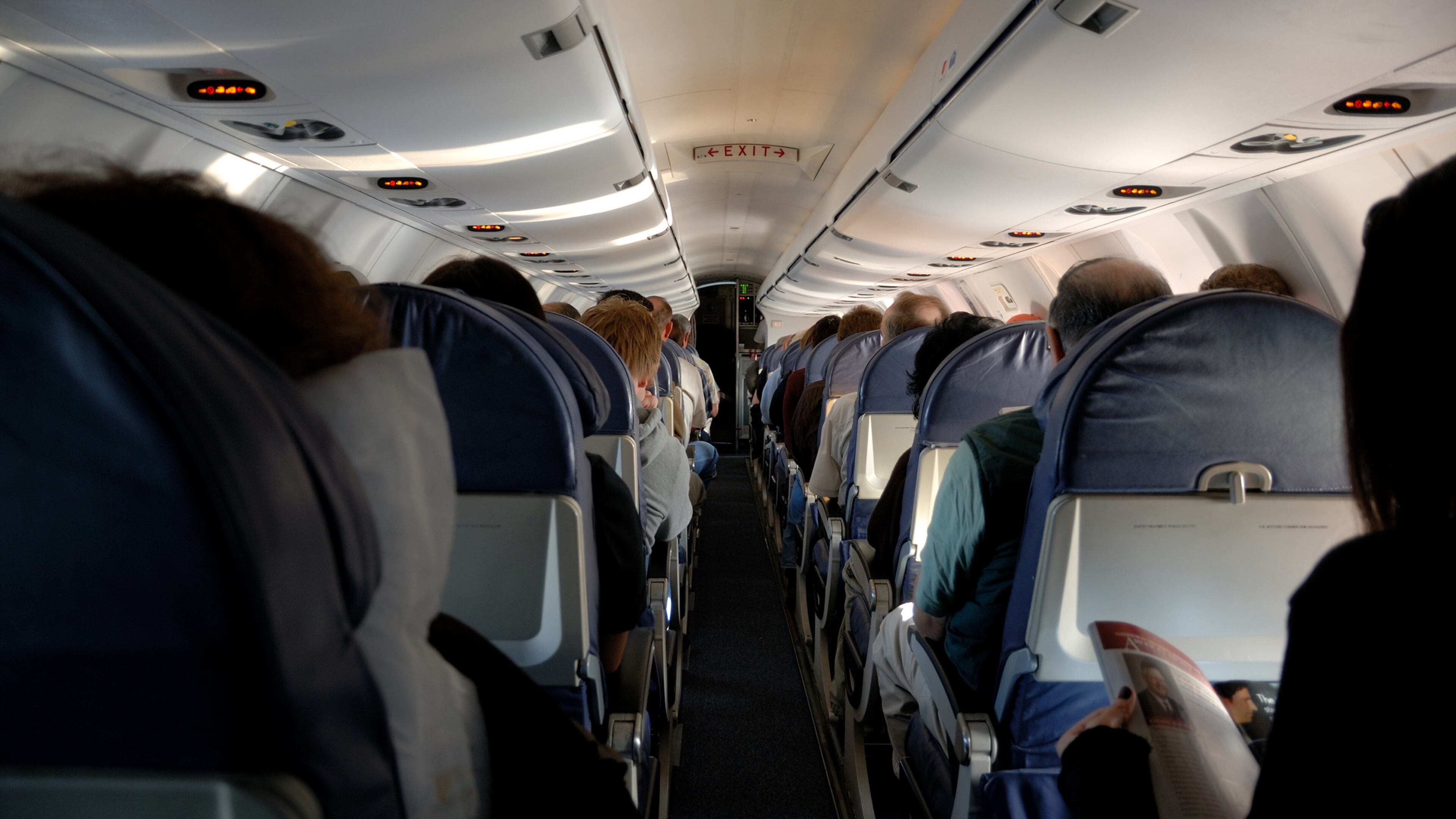Airlines teaching staff to de-escalate passenger conflicts, but it’s really customer service

Passenger meltdowns are nothing new to the airlines.
But the sometimes ugly situations between ticket-holders and airline workers — incidents that frequently go viral — are prompting air carriers to teach employees how to handle problems before they get out of hand.
American Airlines is requiring nearly 68,000 employees to take classes on how to “de-escalate” conflicts with passengers.
The airline calls it “de-escalation,” but it should also be called customer service — particularly in an era when commercial aviation is increasingly stressful because of tight seats, cramped cabins and related inconveniences.
American Airlines employees getting training to de-escalate conflicts.
“We want to fix situations before they get out of control,” says Leslie Scott, a Chicago-based spokeswoman for Texas-based American Airlines, the second-largest airline flying from O’Hare International Airport.
Last April, an angry tussle broke out between an American flight attendant and a passenger over a baby stroller. Also in April, a passenger on a United Express flight, Dr. David Dao, was forcibly removed by aviation security at O’Hare after refusing to follow management’s demand to give up his seat.
Both incidents, which went viral over social media, were embarrassing examples of airline employees overreacting to tense situations instead of ratcheting down the emotions. American and United’s bosses vowed their airlines would change.
To start, American is rolling out more flexible customer service policies and procedures designed to ease tensions between the airlines and unhappy clients.
One option stressed in the training: Customer service agents can call a hotline to boost compensation payments for passengers who are bumped or inconvenienced.
In addition, flight attendants, airport agents and other personnel are being taught communication skills to help them calmly discuss problems with ticked-off customers and sidestep arguments or screaming matches.
A “de-escalation” video and web-based training program are based on the experiences of American’s airport agents, flight attendants, pilots and reservation representatives, according to the airline.
What’s more, the airline acknowledges that social media and videotaping are a fact of everyday life, so workers are cautioned to live with it and not freak out when someone turns a smartphone in their direction. (There are exceptions for airport and airline security.)
Chicago-based United has also been revamping its customer service procedures. Since the infamous Dao incident, United has become more flexible in granting greater compensation to bumped or inconvenienced ticket-holders. It also intends to boost flight attendant de-escalation training this year, according to the company.
Some of these changes look like a keen grasp of the obvious. Airlines have been under fire for indifferent and spotty service for years, so streamlining decision-making, giving line workers more authority to solve problems and teaching employees not to argue with the customers are pretty basic changes.
Since 2007, there have been 58,000 incidents of unruly passenger behavior aimed at fellow travelers or crews, according to the International Air Transport Association.
As a result, airlines are pursuing prosecution of more troublemakers, some of whom become belligerent because they’re intoxicated or drugs are involved, the association says.
Airlines should protect passengers and crews. But it’s encouraging that a major carrier like American is also trying to solve smaller, nagging customer service issues before they become big, nasty problems.
We need that proactive approach, so let’s hope American succeeds and other airlines follow its lead.
Smarter, better worker training won’t cure all the industry’s ills. But it’s an engaging move in the right direction.

